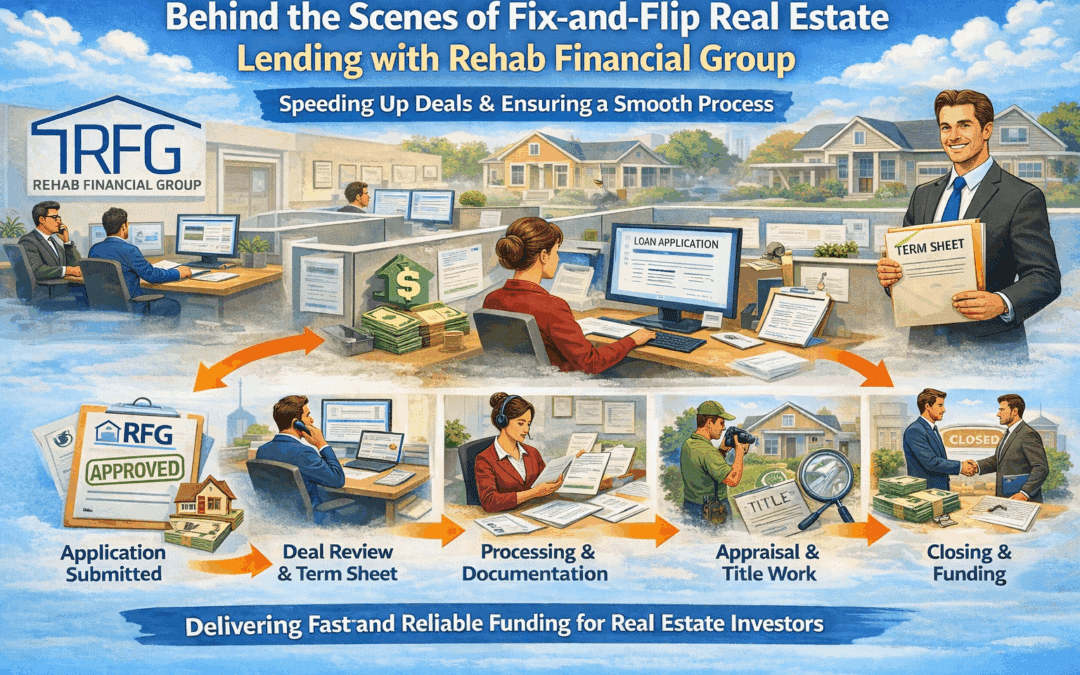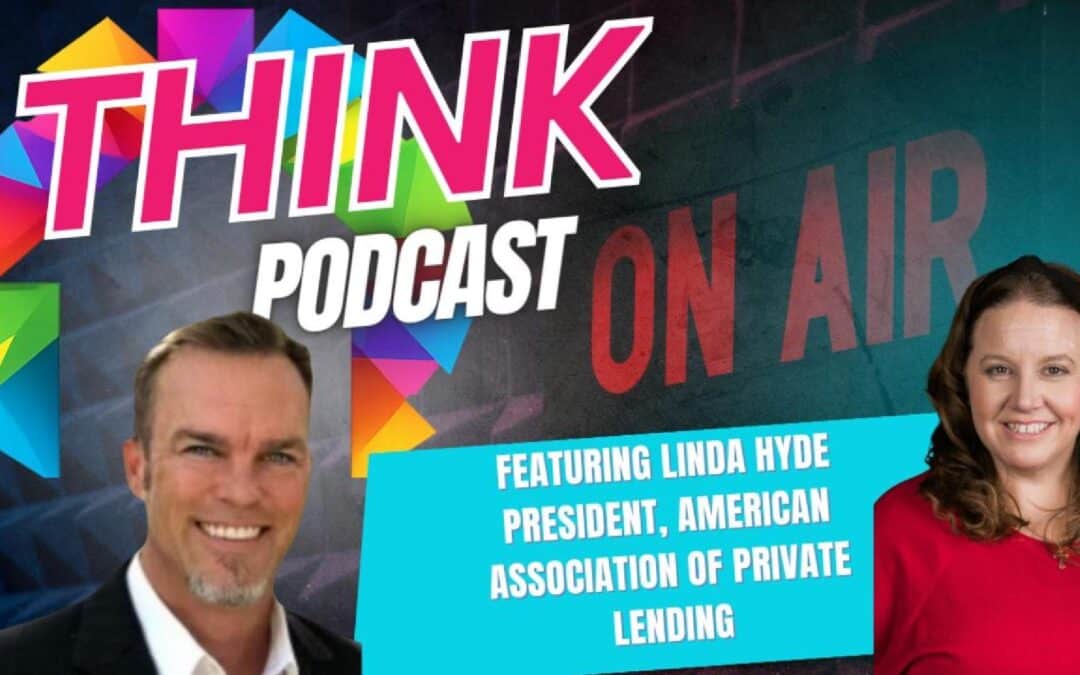Licensing mistakes can sink you fast.
When expanding into new markets, many real estate investors and private lenders operate under a common assumption: If it’s a business-purpose loan, licensing doesn’t apply. But that’s not always true, and getting it wrong can come with serious consequences.
Licensing laws vary widely by state, and the exemptions investors rely on in one state may not hold up in another. Even a single transaction can trigger licensing if the state defines your activity as engaging in the mortgage business.
The Exemption Myth
Many assume that loans to LLCs, non-owner-occupied properties, or investor deals don’t require a mortgage license. And in some states, that’s true—but not all. In states like California and New York, business-purpose lending often still requires a license if the property is residential. Others base exemptions not on purpose, but on the identity of the borrower, the collateral, or the way the loan is marketed.
The key takeaway?
There’s no universal exemption rule.
You must evaluate each deal through the lens of the state where the property—and borrower—reside.
What Triggers Licensing?
Even if you’re not a traditional lender, activities like the following can trigger licensing requirements:
- Making or arranging loans secured by real estate
- Advertising financing options across state lines
- Purchasing mortgage notes or servicing loans
- Providing seller financing on investment properties
Some states also regulate companies that facilitate mortgage transactions, meaning your platform, affiliate, or entity may need a license even if you don’t directly fund the loan.
The Risks of Getting It Wrong
Operating without the proper license can void your loans, halt foreclosures, or result in regulatory penalties. In some states, courts won’t allow you to enforce a mortgage or collect on a note if you weren’t licensed when the loan was made.
Even more, states are increasing oversight. Shared data systems and licensing portals make it easier for regulators to detect unlicensed activity—and the consequences are rarely limited to one deal.
Before You Lend Across State Lines
If you’re scaling your business or entering new states, pause and ask: Does this activity require a license here? The answer isn’t always obvious, but it’s essential to get right.
At Cornerstone Licensing, we help real estate professionals, private lenders, and mortgage investors navigate licensing requirements nationwide. Don’t wait for a regulator to flag your deal—talk to a licensing professional and move forward with confidence.
























0 Comments